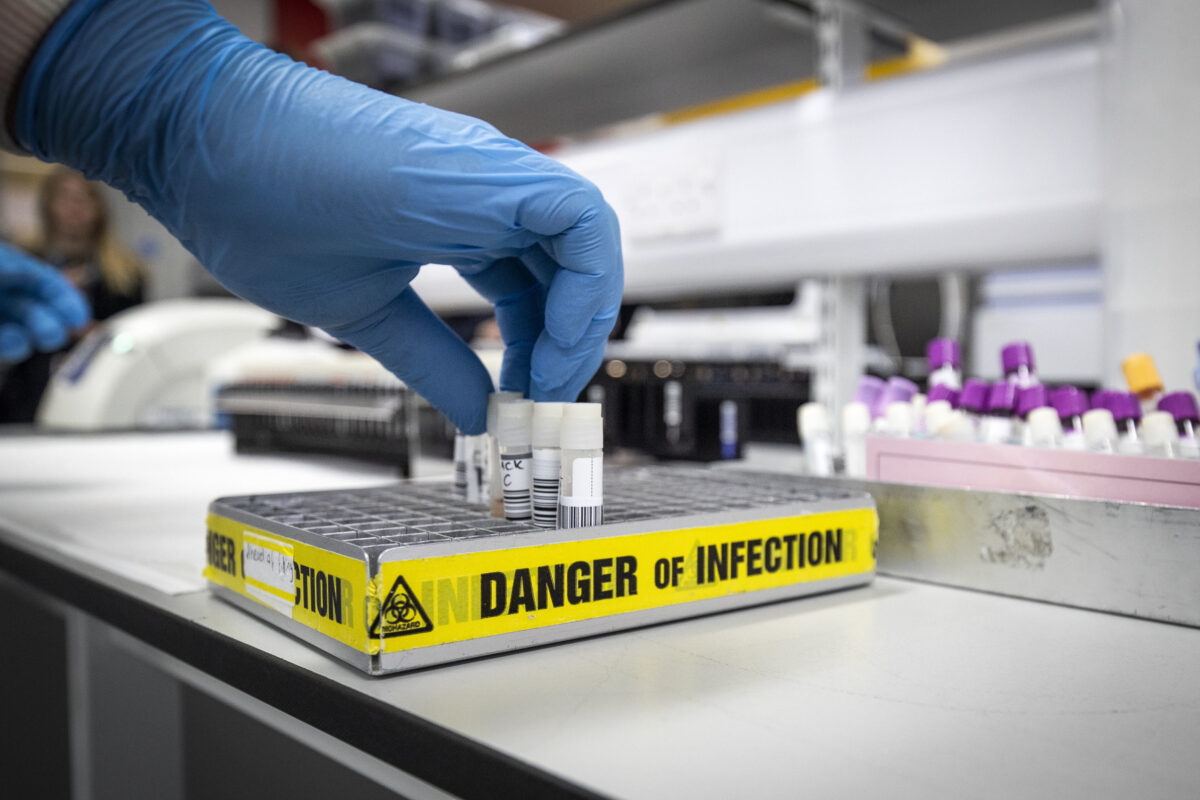NAIROBI, 22 July, 2024 – To some, the killing of 9 female bodies in Mukuru is related to the recent #RutoMustGo/#RejectFinanceBill2024 protests.
Some, such as the First Lady Rachel Ruto are
convinced they are cases of Femicide.
While we are waiting for the police to conduct the
investigation and offer us feedback, Kenyans no longer trust the police, their
feedback would make no change.
I however want us to consider the case from a different angle.
.jpg) |
| Image: Courtesy |
Disclaimer: Before we proceed, please note that this article represents my personal opinions and speculations. The information presented is based on my research and should be regarded as allegations rather than facts.
Allow me to introduce you to the case in a wider context. Kidnapping, especially in Kenya, has not started today. In one of the recent (2021) surveys by Statista, “the total number of kidnapping cases recorded by the Kenyan police amounted to 58 cases. The highest number of cases was in Nairobi, with 16 kidnapping cases.”
 |
| Image: Courtesy of Statista Research Department |
Yesterday, I was scrolling over Netflix and I landed
on a 2023 Netflix Movie, “Mvera.” Kenya's official selection for the Oscars
features lead character Mvera who embarks on a crusade against corrupt
leadership in her coastal community when she uncovers an organ trafficking ring
luring its victims with promises of work abroad.
This film left me worried and concerned about the
case of mutilated and dismembered female bodies found in plastic bags at a dump
site in the Mukuru slums of southern Nairobi.
.jpg) |
| Image: Mutilated bodies in Mukuru |
Look at the statistics data below from missing voices.or.ke. To summarize, the statistics show that there have been 145 such cases in 2019, 168 in 2020, 219 in 2021, 153 in 2022, and 125 in 2023.
.jpeg) |
| Missing Voices |
Based on the recent (July 1, 2024) data from AmnestyInternational, 24 People were killed, and 32 abducted over the ongoing #RutoMustGo Protests in Kenya. Further, 361 people have been injured and 627 arrested. In the most recent of all (July 14, 2024), at least 9 mutilated and dismembered bodies were found in plastic bags at a damp site in Mukuru slums of the southern part of Nairobi City, Kenya.
 |
| Image Courtesy of iStock |
What’s even more intriguing, preliminary investigations found that all bodies were female.
Factors worth considerations
- Why are the victims mostly women aged 18-30?
- Why are the victims’ bodies found in pieces?
For the sake of being concise, I will assume that information gives you enough background. I will now introduce you to cases of organ harvesting, and transplant.
Organ trade, sometimes referred to as the blood market or red market, involves the exchange of human organs, tissues, or other body parts, typically for transplantation purposes.
Transplant involves the following organs.
- Heart
- Kidney
- Liver
- Lung
- Pancreases
- Stomach Sometimes intestine
A year ago, Senior Nigerian politician Senator Ike
Ekweremadu and wife Beatrice were found guilty of an organ harvesting plot in
London. In mid-July, a short documentary by VICE TV narrated the case of how a
team of 15 criminals managed to convince the poor to sell their kidneys. Those
are just examples of some identified instances, while others, or perhaps most
remain unidentified.
I want you to also consider the recent rise in
Airbnb murders.
Remember the case of the body of a 24-year-old woman
decapitated at Nairobi's Roysambu in January this year (2024). On January 14,
2024, the body of 20-year-old Jkuat student Rita Waeni Muendo was found
dismembered and head missing. The body was found in a dam in Kiambu County.
Other cases such as the case of Starlet Wahu who was
killed in a bnb are very clear, and it would be hard to offer an opposite
opinion.
Caution
While some, like me, may be convinced that organ
harvesting and trafficking might be involved, it is important to note that
making assumptions about organ trafficking or specific motives without concrete
evidence could be misleading and harmful.
It would be important to conduct an investigation
carefully and gather as many credible details as possible. Such details include,
but are not limited to:
- Compiling case details
- Identifying missing organs
- Organ trafficking networks
- Expert opinions
- Collaboration with authorities
- Context analysis (local and international)
- Legal and ethical considerations
- Awareness
- Etc.
As we confront the harsh realities of organ
trafficking in Kenya, we stand at a crossroads of awareness and action.
Together, we can forge a path towards justice and resilience, championing human
rights and dignity in the face of darkness. Let us heed the call to unravel the
shadows, challenge the status quo, and unite in solidarity against this silent
epidemic that threatens lives and undermines our shared humanity.

.jpg)






.png)
.jpg)






No comments:
Post a Comment
Give your opinion